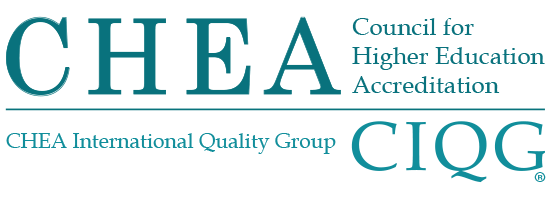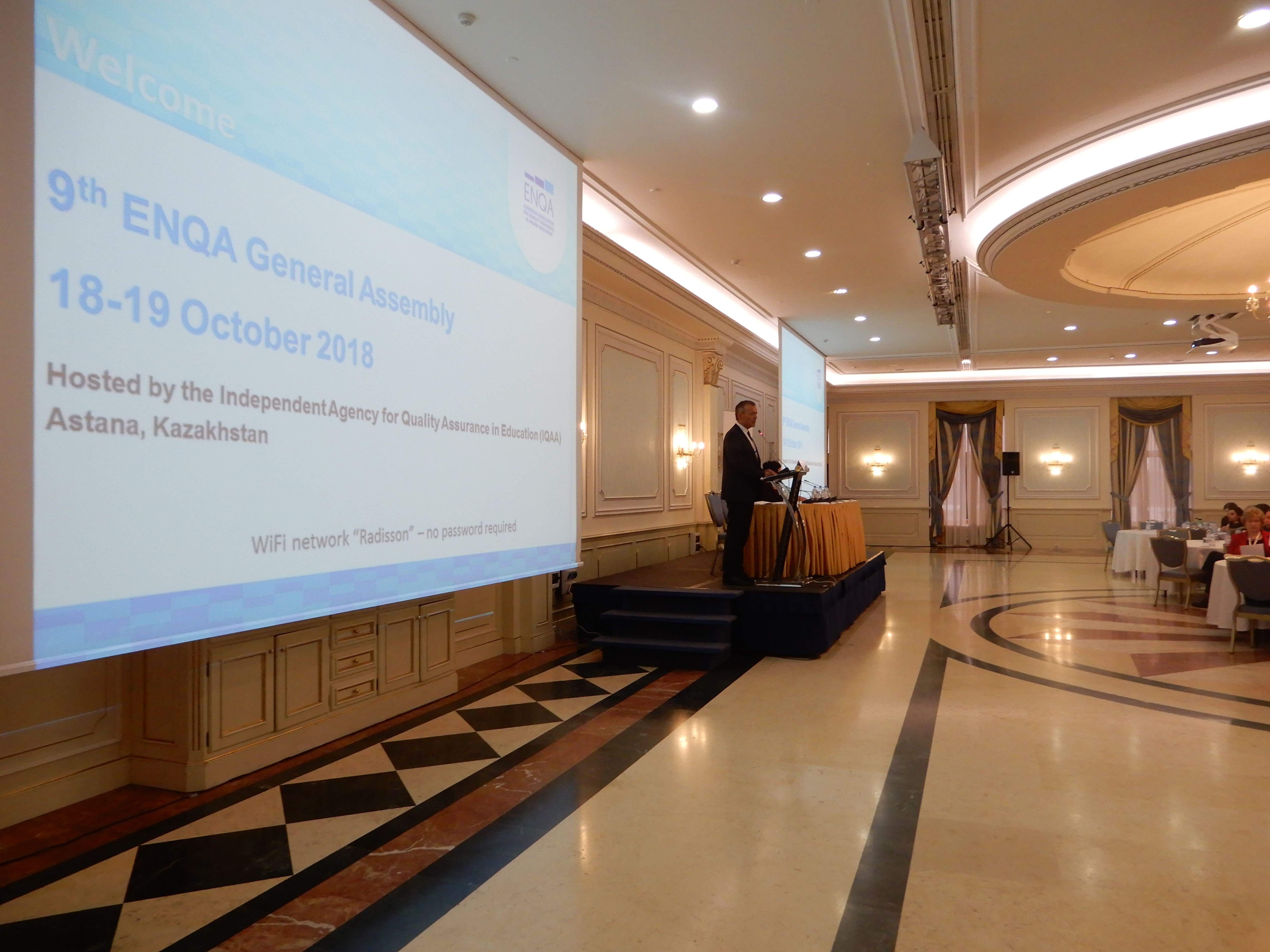
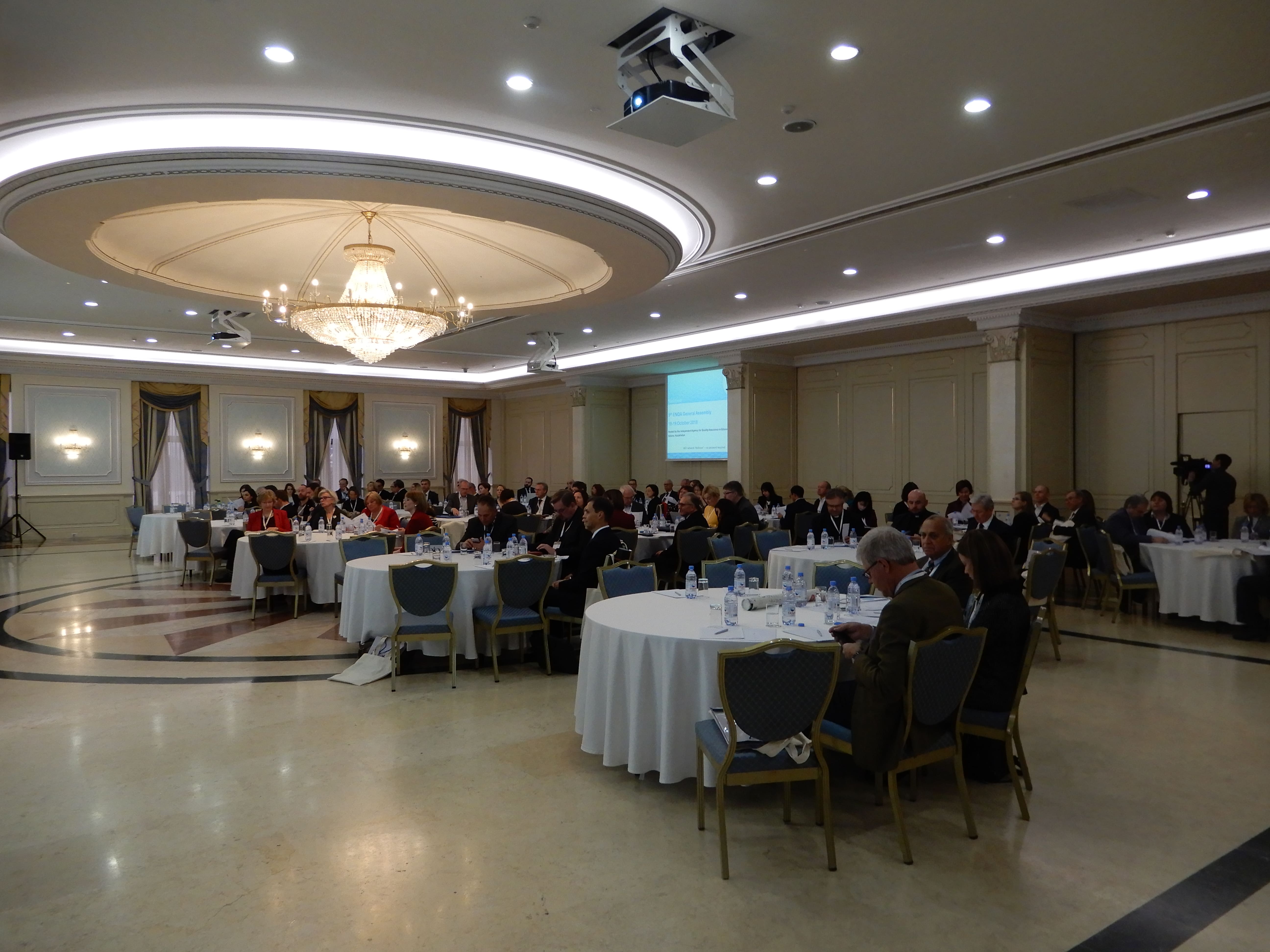
On October 18-19, 2018, the 9th General Assembly for ENQA members was held in Astana, where experts from 37 countries discussed current issues and prospects of development of the quality assurance system in education.
The European Association for quality assurance in higher education (ENQA) was established in 2000 in accordance with the recommendations of the European Union dated 24 September 1998 and the Bologna Declaration (1999) for the development of cooperation between European countries in the quality assurance in higher education. It is recognized by the Ministers of education in Europe. Currently, 51 agencies from 29 countries are full members of ENQA, and 47 organizations from 25 countries are affiliated members.
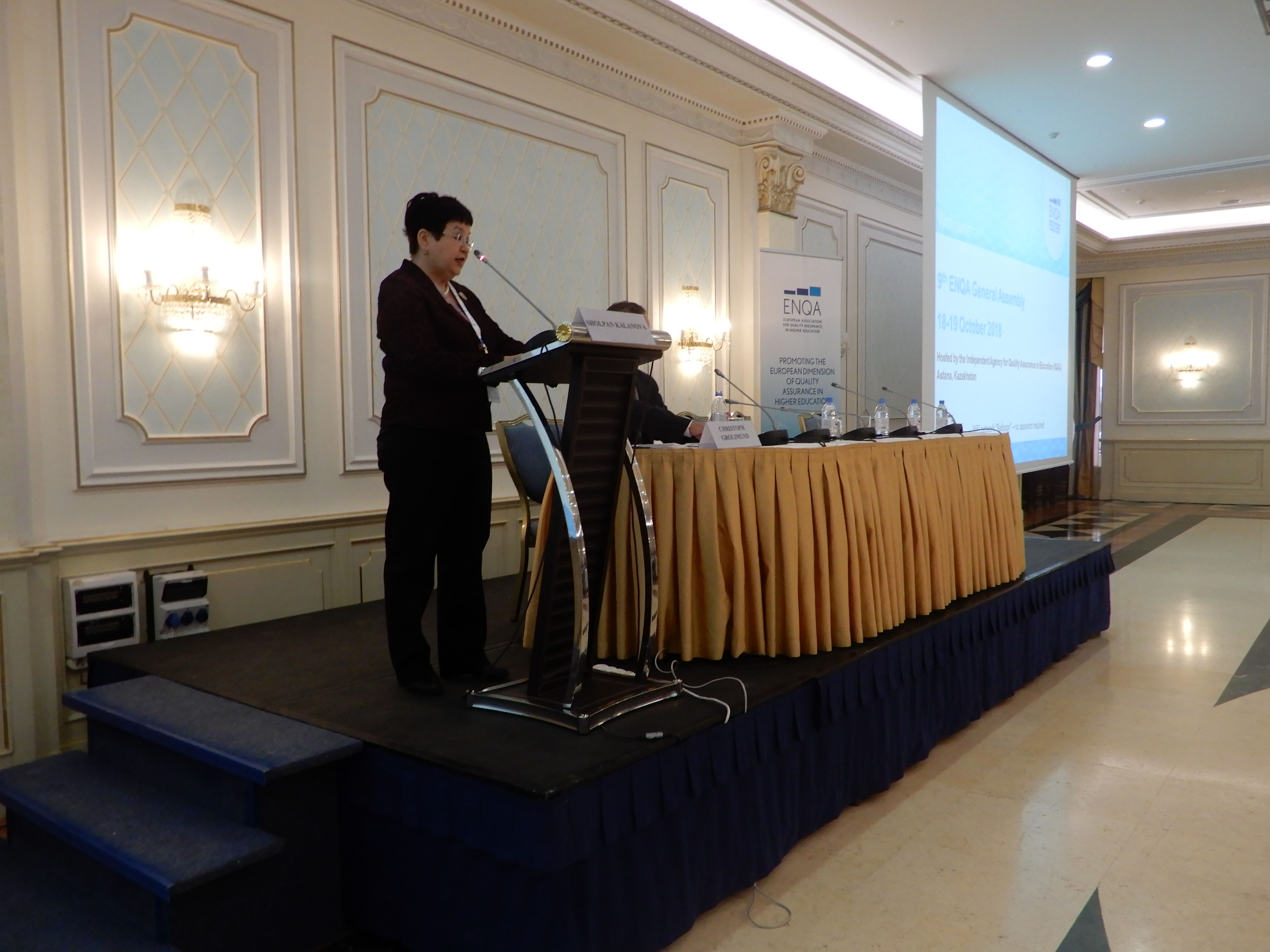
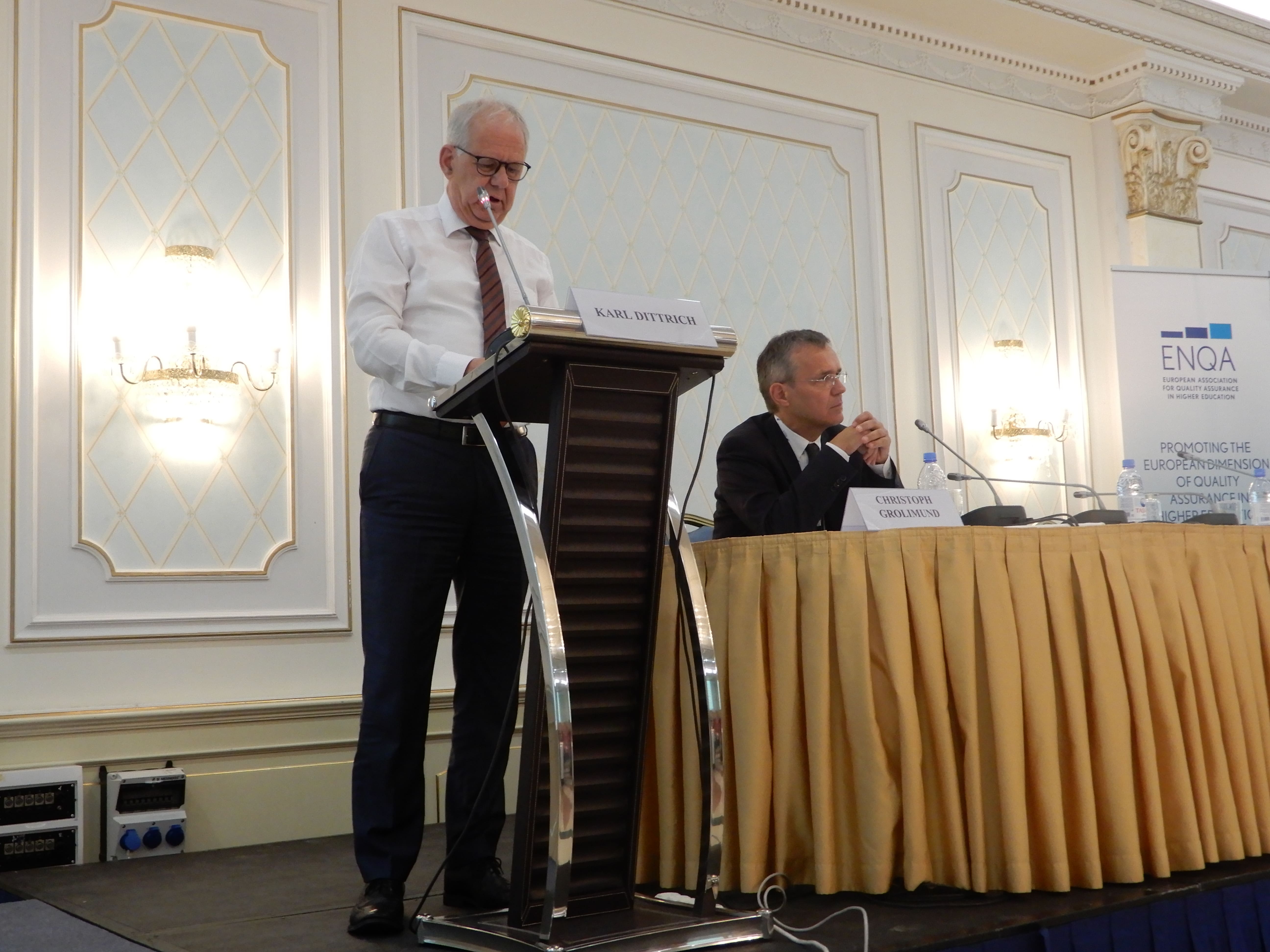
The General Assembly of ENQA is the main decision-making body of ENQA. The General Assembly includes member organizations of the Association as well as representatives of European ministries and stakeholders as observers. The General Assembly is held once a year.
(IQAA) hosted this international event, which was held at the Radisson Hotel Astana, The General Assembly was attended by about 100 representatives from 37 countries and 17 speakers.
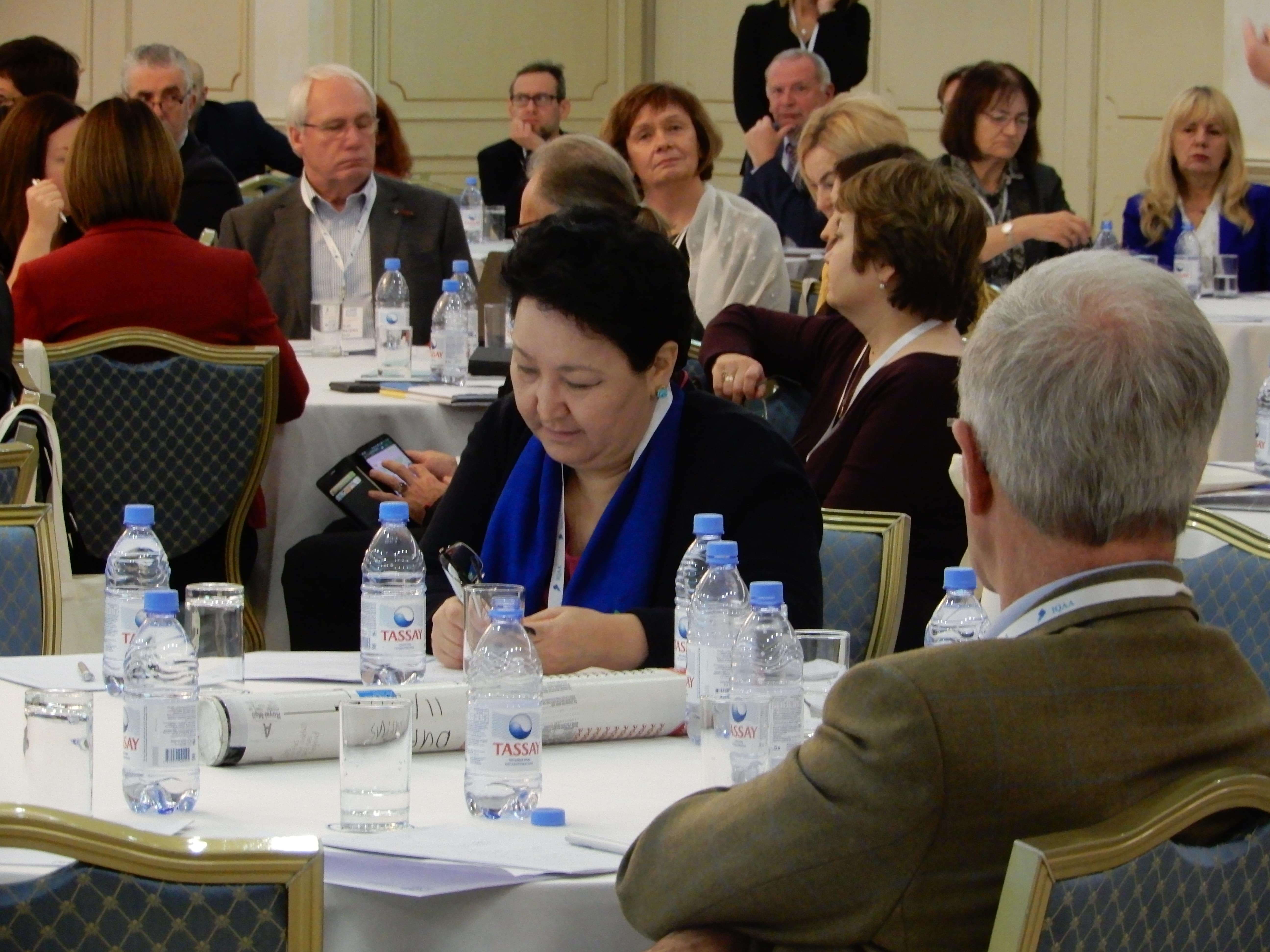
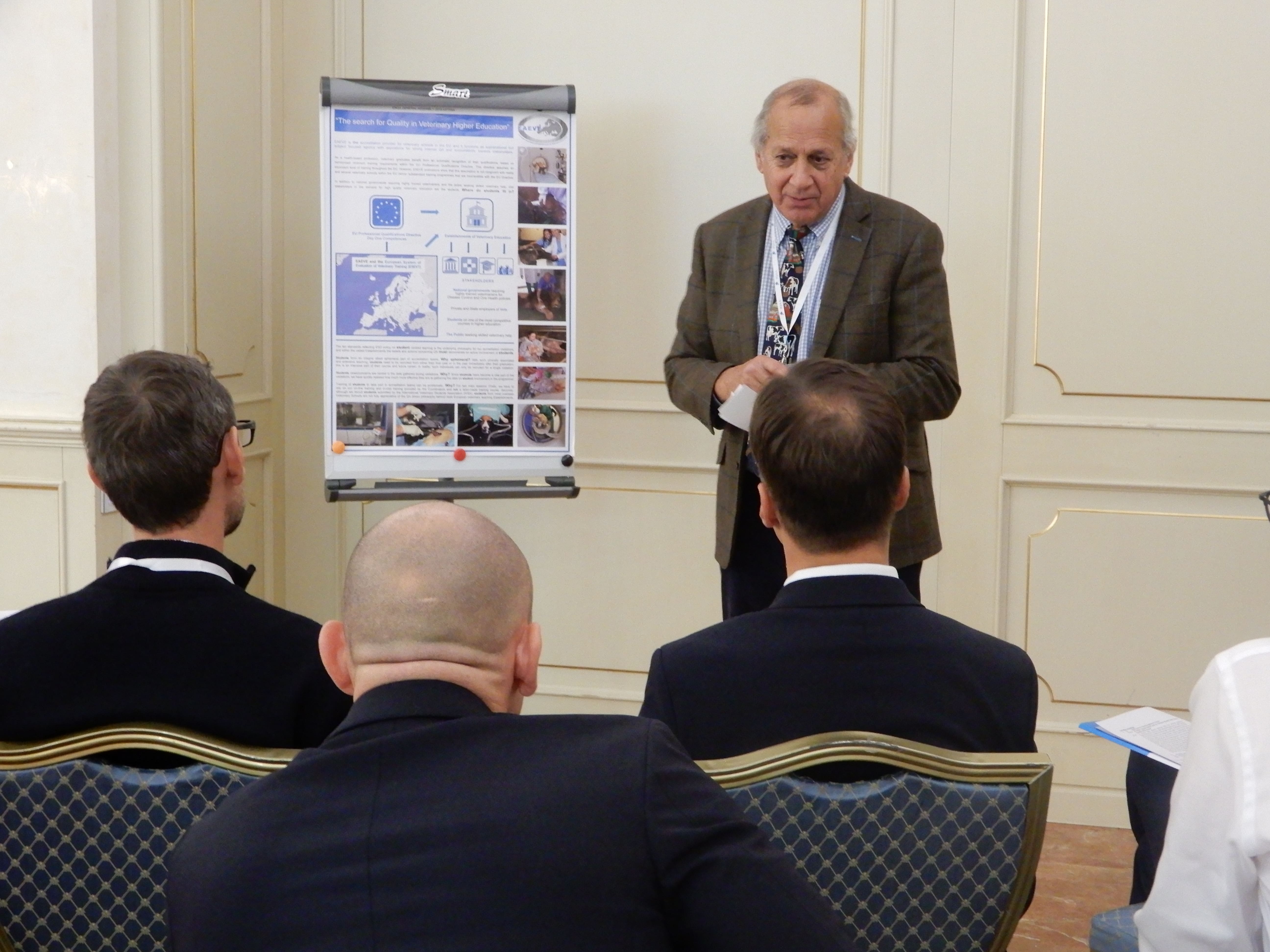
The event started with a greeting from the Chairman of the Senate Kasym-Zhomart Tokayev. Also, ENQA President Dr. Christophe Grolimund, Chairman of IQAA Supervisory Board, Professor Kulekeev Z., and IQAA President, Professor S.Kalanova addressed the participants of the conference with the wish of efficient work.
At the morning meeting of the General Assembly, Professor Karl Dietrich, President of the The European Quality Assurance Register for Higher Education (EQAR), made a presentation on "Development of the European Higher Education Area (EHEA) and prospects for the future".
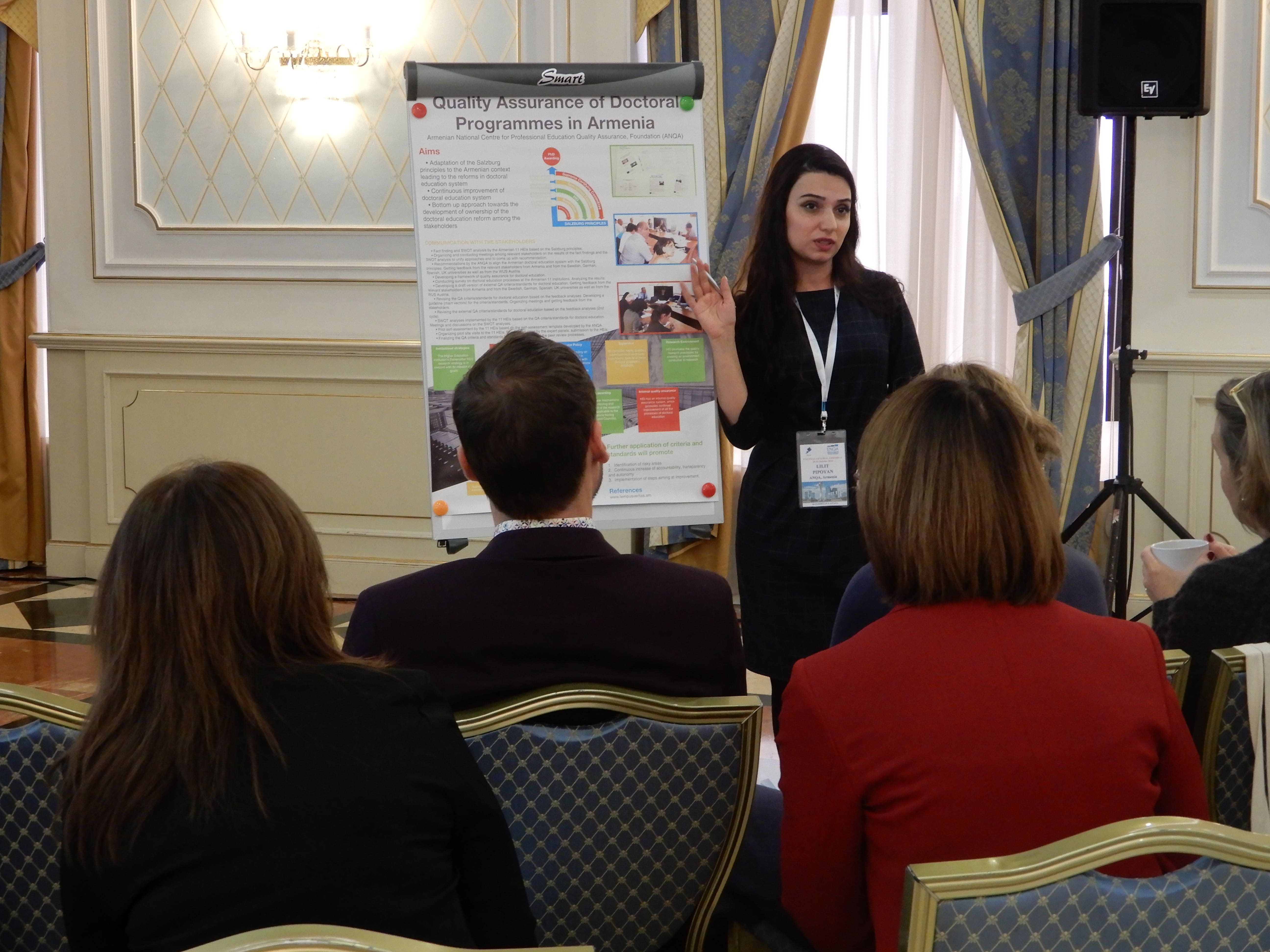
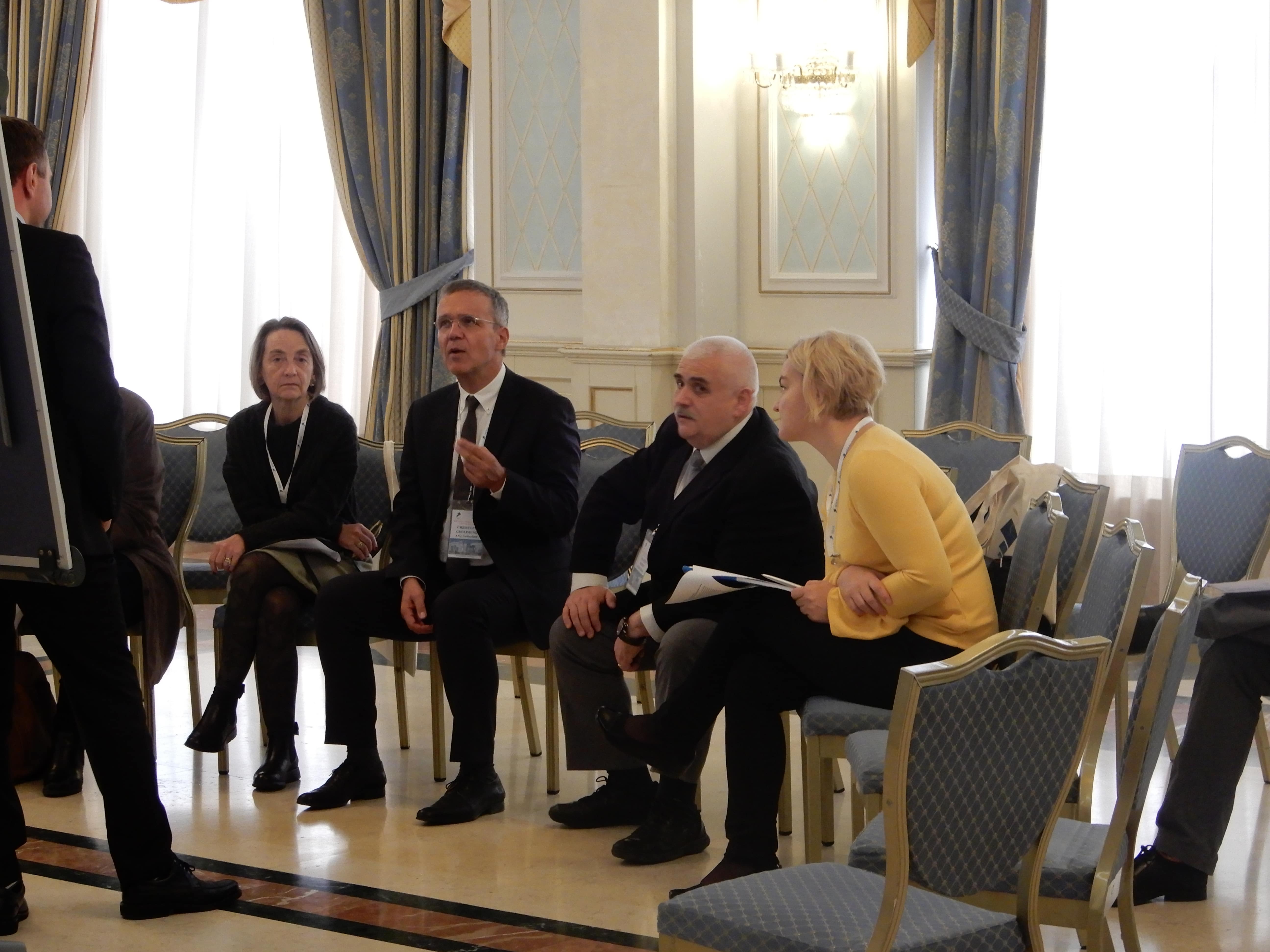
On the first day of the General Assembly, the international practice of an external review and accreditation in education was discussed in 12 thematic sessions. The posters covered such topics as "NVAO’s appreciative approach: a new mindset for quality assurance", " Implementation of the European Approach to Quality Assurance of Joint Programs?", "Assessment of dual learning in the Basque university system: lessons learnt", "QA framework for the effective communication with employers", "Kazakhstani experience in quality assurance of doctoral programmes in the light of expanding academic autonomy of higher education institutions", etc. Experts from Armenia, Germany, Spain, Kazakhstan, the Netherlands, Moldova, Russia, Iceland and Ireland shared their experiences and answered questions from the participants.
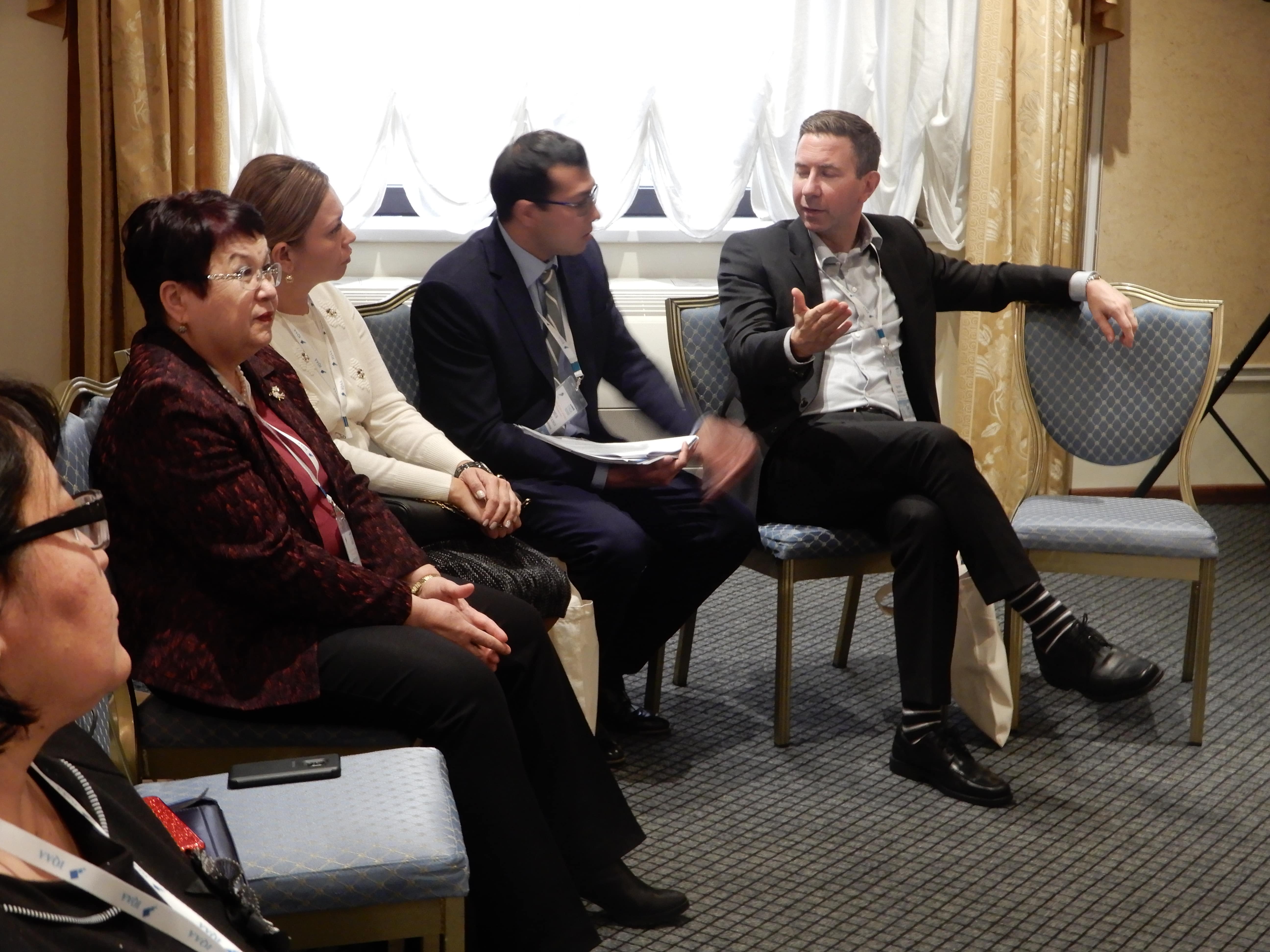
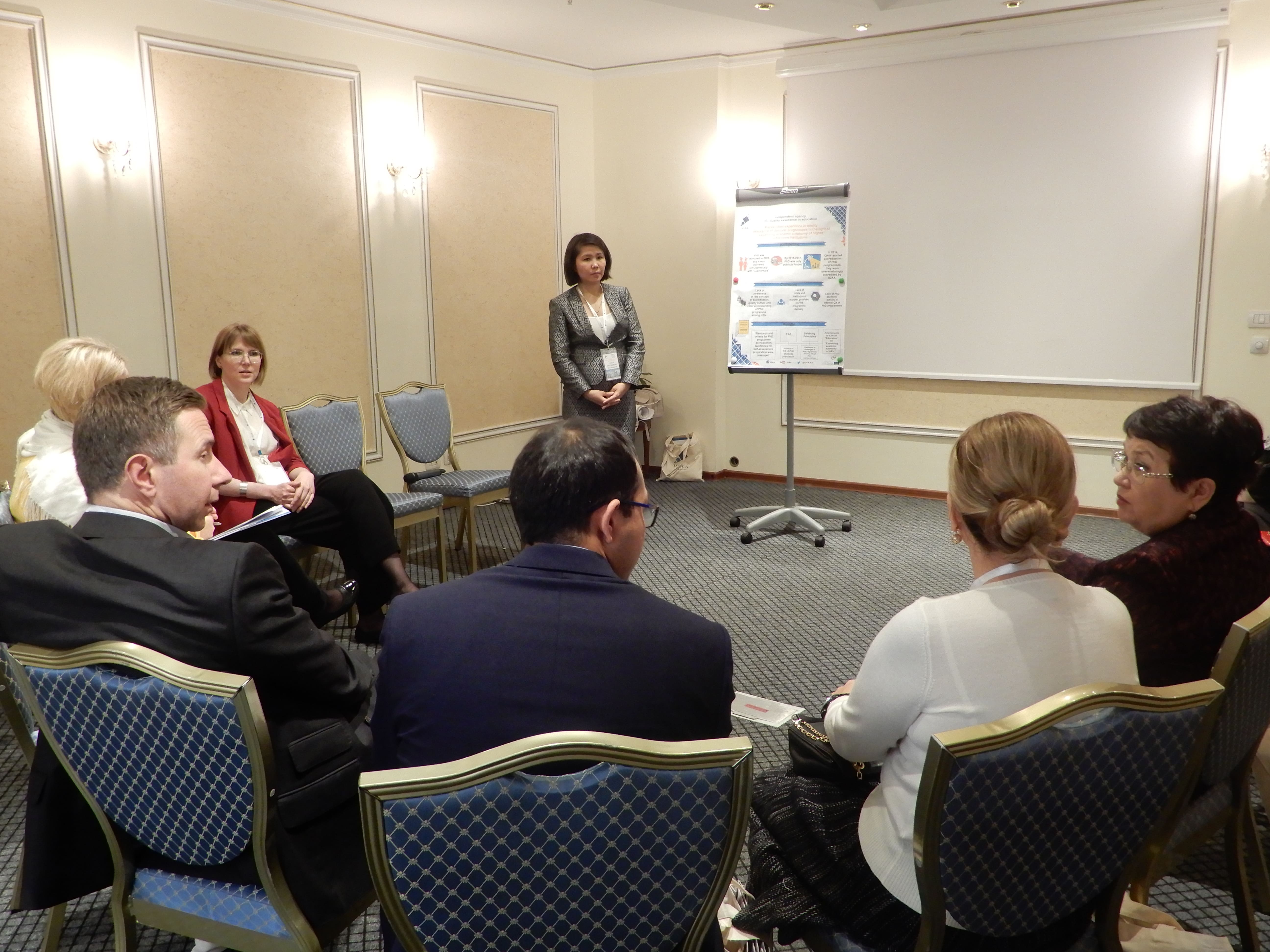
The poster session provides an opportunity for agencies to present a specific, unresolved challenge (and thereby seek advice and constructive feedback from those engaged in the discussion) or to advise on the successful implementation or use of a specific quality assurance tool while encouraging discussion with participants and enhancing peer learning. The wide geography of participants and the choice of topics of reports helped to understand the issues discussed.
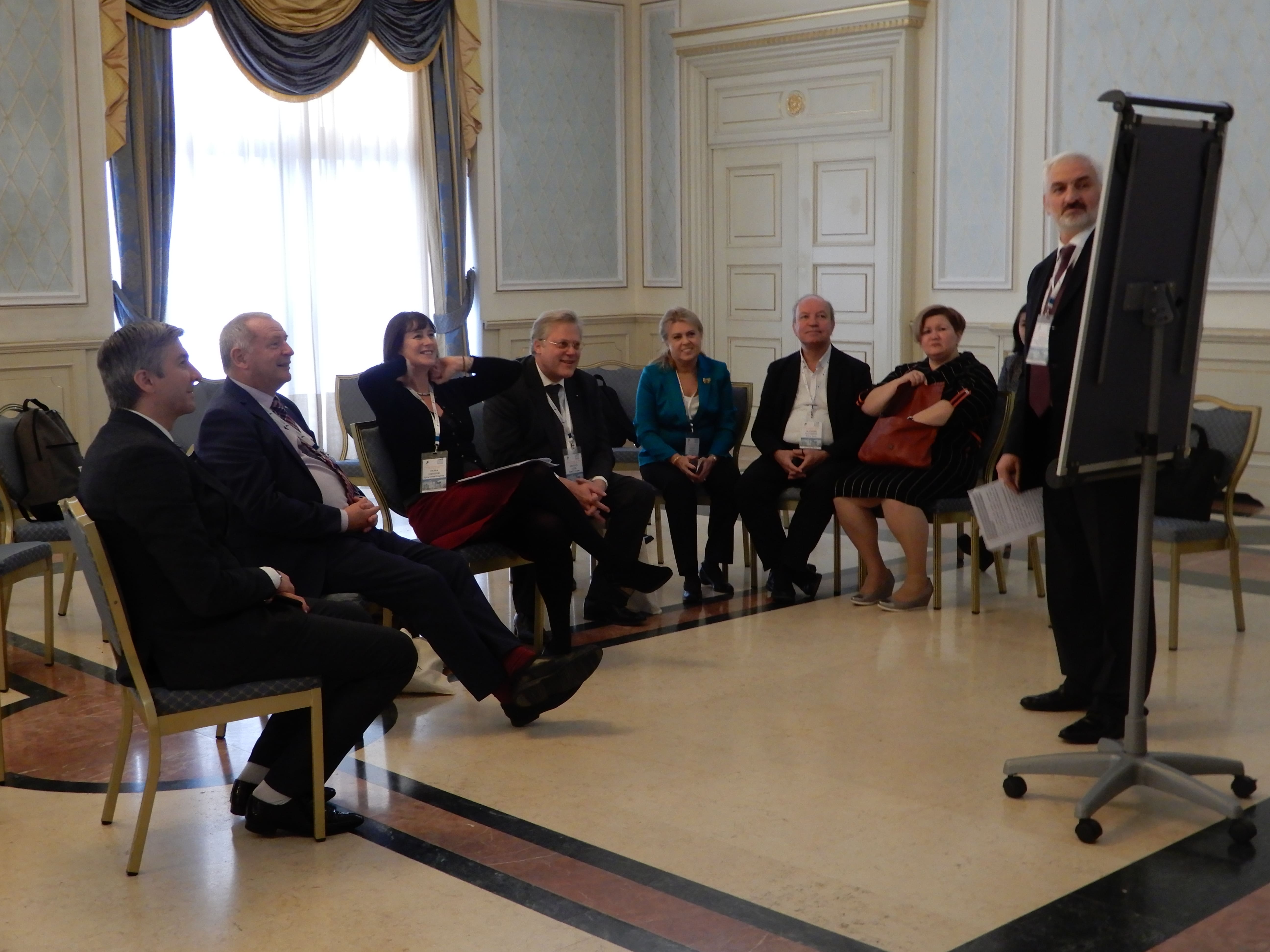
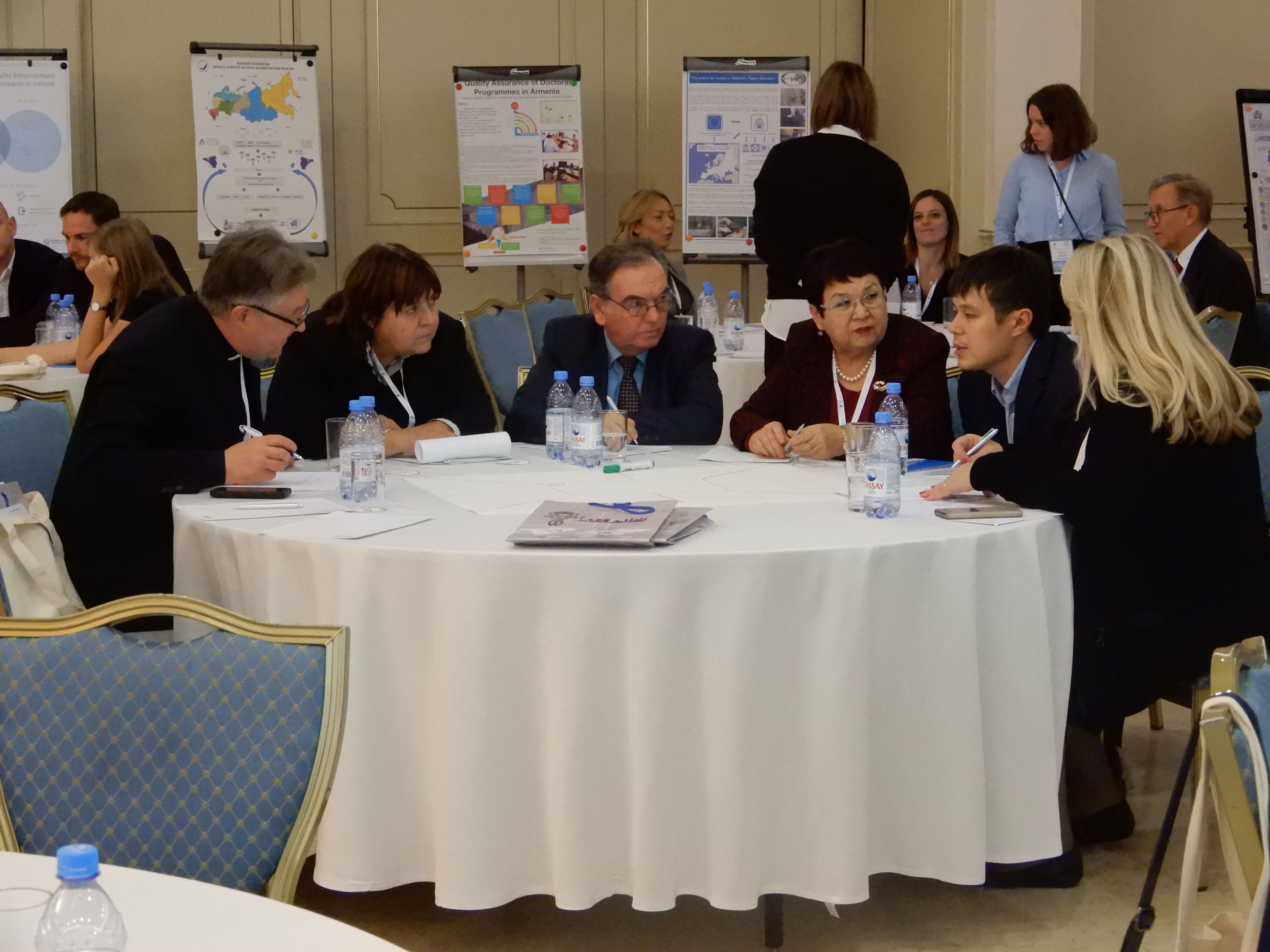
After the thematic sessions, leading experts from Austria, Spain and Germany made a presentation on the current topic "Quality assurance of e-learning – principles and challenges" for the participants of the General Assembly.
The second day was devoted to the discussion of current and future issues and the solution of organizational issues on ENQA activities. At a closed meeting, elections of new members of the Directors Board of ENQA were held, issues of further development of the organization in the scope of decisions and changes were considered.
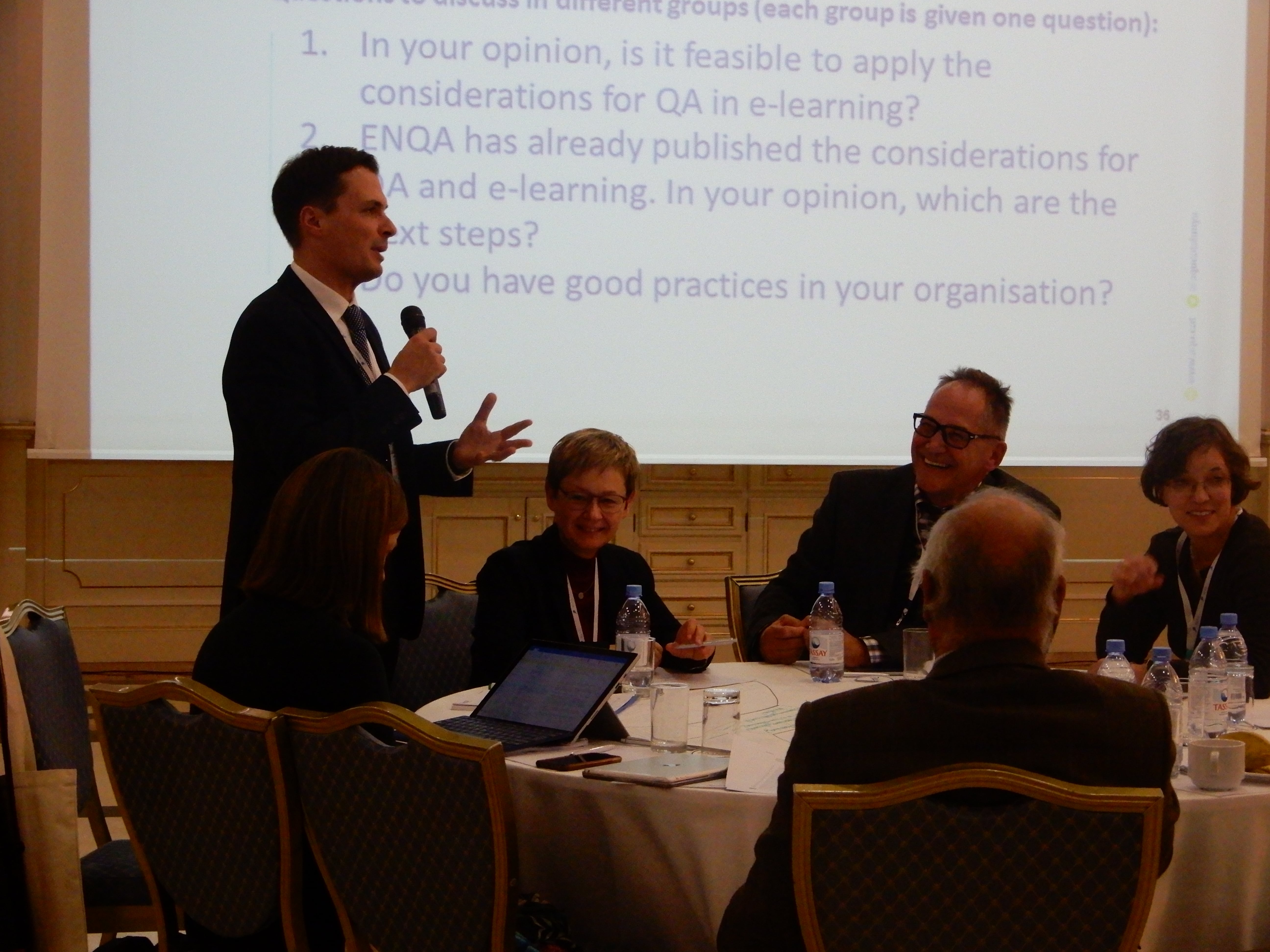
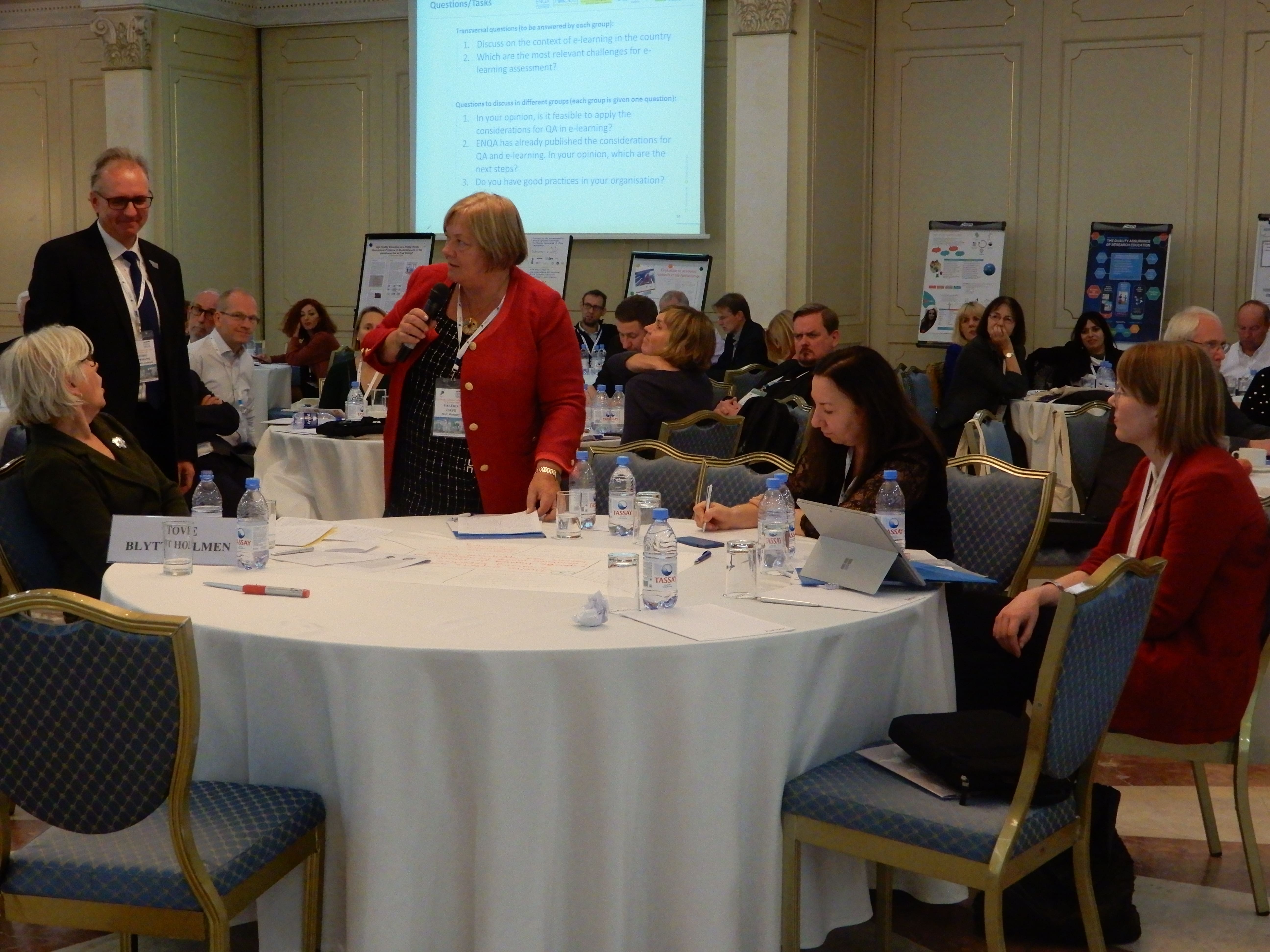
According to the unanimous opinion of all General Assembly participants, the event was held at an extremely high level. ENQA President Christoph Grolimund expressed confidence that the 9th Assembly gave a new powerful impulse to dialogue and exchange of working achievements in the professional area. This format of communication is necessary because it allows to see the problems more globally, communicate with foreign colleagues, ask them professionally important questions and get competent answers.


According to ENQA management, IQAA has brilliantly coped with the task of organizing and holding the 9th Assembly in Kazakhstan and deserves the highest praise, it was evidenced by the official letter of gratitude received from the ENQA Secretariat after the event. ENQA President Christoph Grolimund thanked IQAA President S.Kalanova for high professionalism at the stage of preparation and throughout the event, well-coordinated work of IQAA team, eventful program of each day of the Assembly and friendly, warm and comfortable atmosphere created by the organizers at the conference. The head of the Association noted the incomparable hospitality of Kazakhstan and host, who thought over the details of both business and cultural programs of the event. All members of the General Assembly thanked Professor S. Kalanova and IQAA team for a unique opportunity to enjoy chamber music of the German romanticism and the masterpiece ballet "Swan lake" in the Opera and Ballet theater "Astana Opera". And the city tour conducted with the support of Astana Convention Bureau of Astana Akimat introduced the participants to the most beautiful, significant places of Astana, the main symbols and sights of the capital of the Republic of Kazakhstan.
The full photo report is available on the official Facebook page of IQAA.

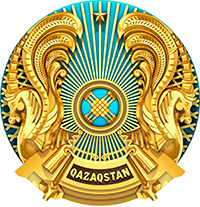 Ministry of Science and Higher Education of the Republic of Kazakhstan
Ministry of Science and Higher Education of the Republic of Kazakhstan 


 Ministry of Education and Science of the Kyrgyz Republic
Ministry of Education and Science of the Kyrgyz Republic



